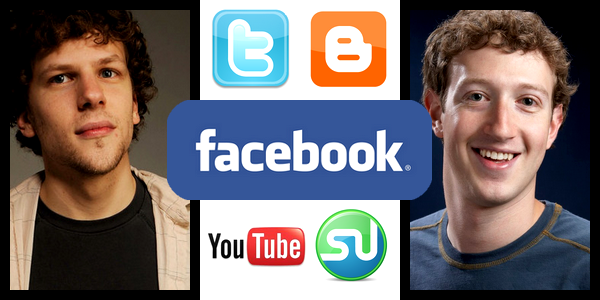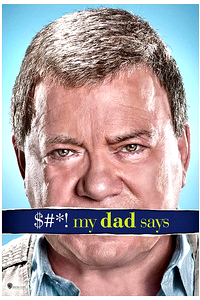
Welcome to the age of social media, where we are one with the Internet.
There is no denying the prominence of Facebook, Youtube, and Twitter over the past couple of years. Although these social media platforms did not exist a decade ago, they are now firmly integrated into modern society. In fact, it is incredible how much our lives are influenced by social media. We not only communicate online, but we also “tweet” and “digg” and “bookmark” and “favourite” and share all kinds of content. Any event of interest, regardless how insignificant it may be, is almost guaranteed to be reported via multiple online avenues. Whether it is a tweet or a blog post or a viral video, the buzz spreads rapidly across the Internet. After all, we are the Facebook, Youtube, and Twitter generation – we live and breathe through social media.
 | In particular, the rise of social media brought upon an interesting phenomenon within the traditional media format. Recently, the world watched its first ever situational comedy inspired by a Twitter account. Crassly titled $#*! My Dad Says, the show features William Shatner as a cantankerous old man with a wide array of snappy one-liners, while his son records these remarks on the Internet. The actual Twitter account has almost two million followers; the sitcom premiere debuted to an audience of over twelve million viewers. Let those impressive numbers sink in first, and then you better realize that it was an anonymous old man – who would never have been famous without the Internet – drew this much attention and popularity. At first, the concept of a Twitter account sounds laughably absurd – how could an actual television show sustain based on the random tweets of less than 140 characters? As it turns out, $#*! My Dad Says is no different from the standard laugh track comedies on CBS, complete with Shatner’s distinguished way of delivering a ha-ha punch line (or any line at all, really). Yet, it is the idea behind the sitcom that displays the most originality. Think about what the show has accomplished by its mere existence: a social media icon is being celebrated in network television! Can you imagine getting a TV show based on your disjointed thoughts online? Can you imagine being famous because of your Twitter account? |
While Facebook, Youtube, and Twitter grow more dominant in our culture, it is becoming increasingly clear that social media has no boundaries anymore. Its influence reaches beyond the Twitterverse or a primetime television show; it affects our modernity as a whole. This essay will analyze deeper into the seamless integration between social media and traditional media, as well as the unsettling repercussions of this recent pop culture trend.





